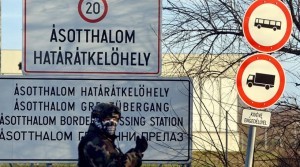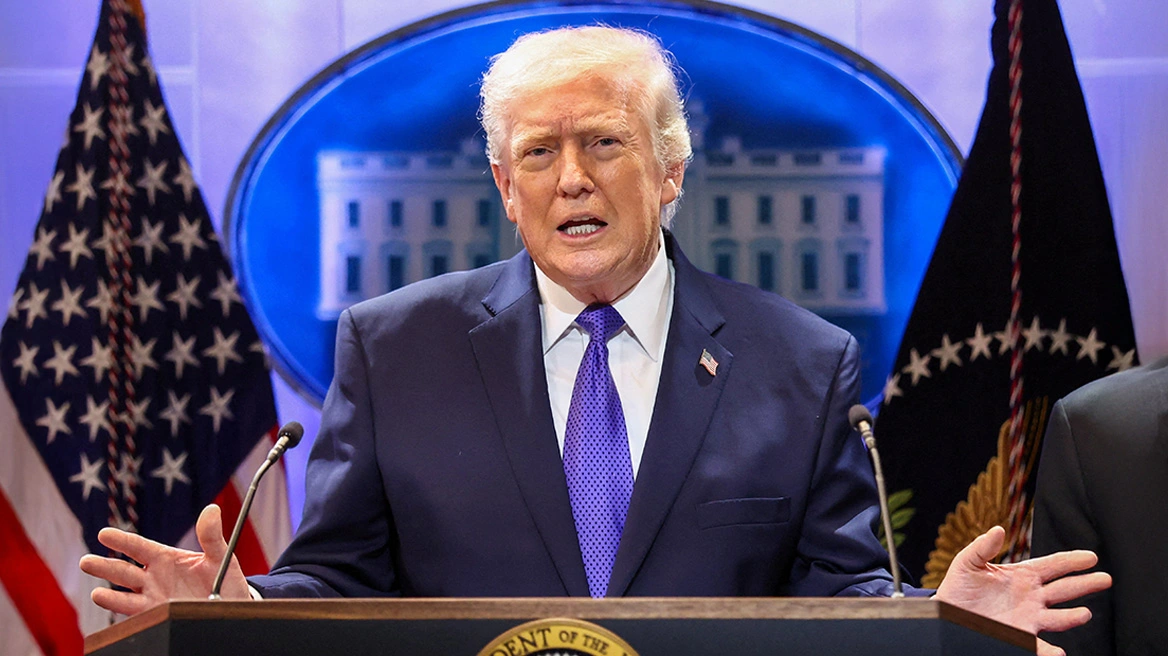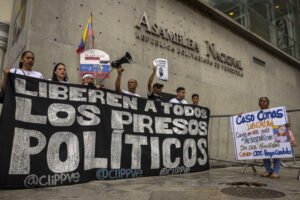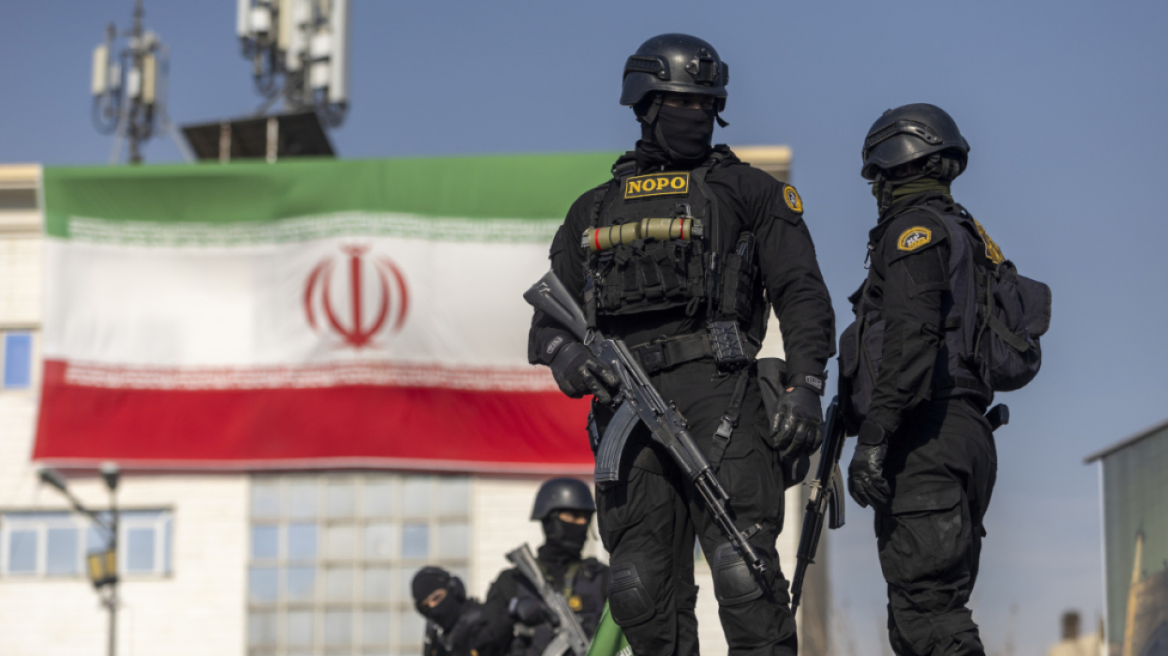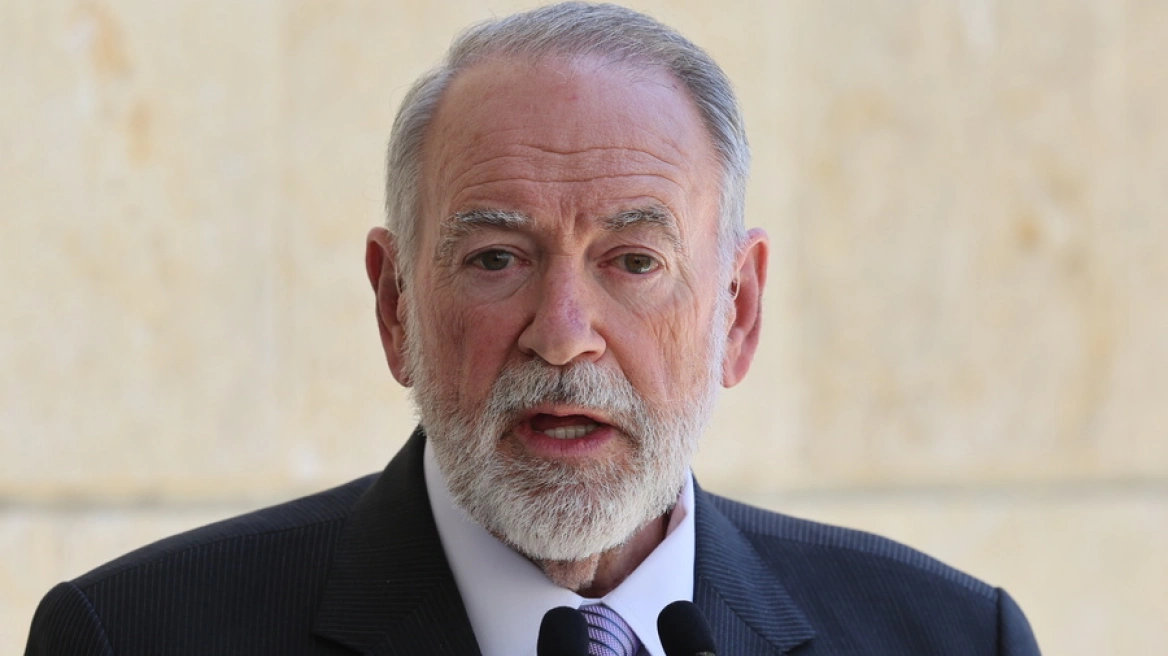A village in Hungary has banned the wearing of Islamic garb and the call to prayer, in an attempt to influence other European cities in what it dubs the “war against Muslim culture” and defending “Christian Europe” against multiculturalism. “We primarily welcome people from western Europe – people who wouldn’t like to live in a multicultural society,” Laszlo Toroczkai tells the BBC’s Victoria Derbyshire programme. “We wouldn’t like to attract Muslims to the village.”
Mr Toroczkai is mayor of Asotthalom, a remote village in the southern Hungarian plains, situated around two hours from the capital Budapest.
“It’s very important for the village to preserve its traditions. If large numbers of Muslims arrived here, they would not be able to integrate into the Christian community.
“We can see large Muslim communities in western Europe that haven’t been able to integrate – and we don’t want to have the same experience here,” he says. “I’d like Europe to belong to Europeans, Asia to belong to Asians and Africa to belong to Africans. Simple as that.” The refugee crisis has contributed to a rise in anti-immigrant sentiment across large parts of Europe and Hungary is no exception.
At the height of the migrant crisis, as many as 10,000 people crossed the border – just minutes from Asotthalom – from Serbia into Hungary each day.
The mayor has capitalised on the anxiety about such an influx and introduced by-laws of questionable legality.
The new local legislation bans the wearing of Muslim dress like the hijab and the call to prayer and also outlaws public displays of affection by gay people. Changes are also being brought in to prevent the building of mosques, despite there being only two Muslims living there currently.
Many lawyers think the laws contravene the Hungarian constitution and, as part of a general review of new local legislation, the government will rule on them in mid-February.
More at: bbc.com
Ask me anything
Explore related questions
